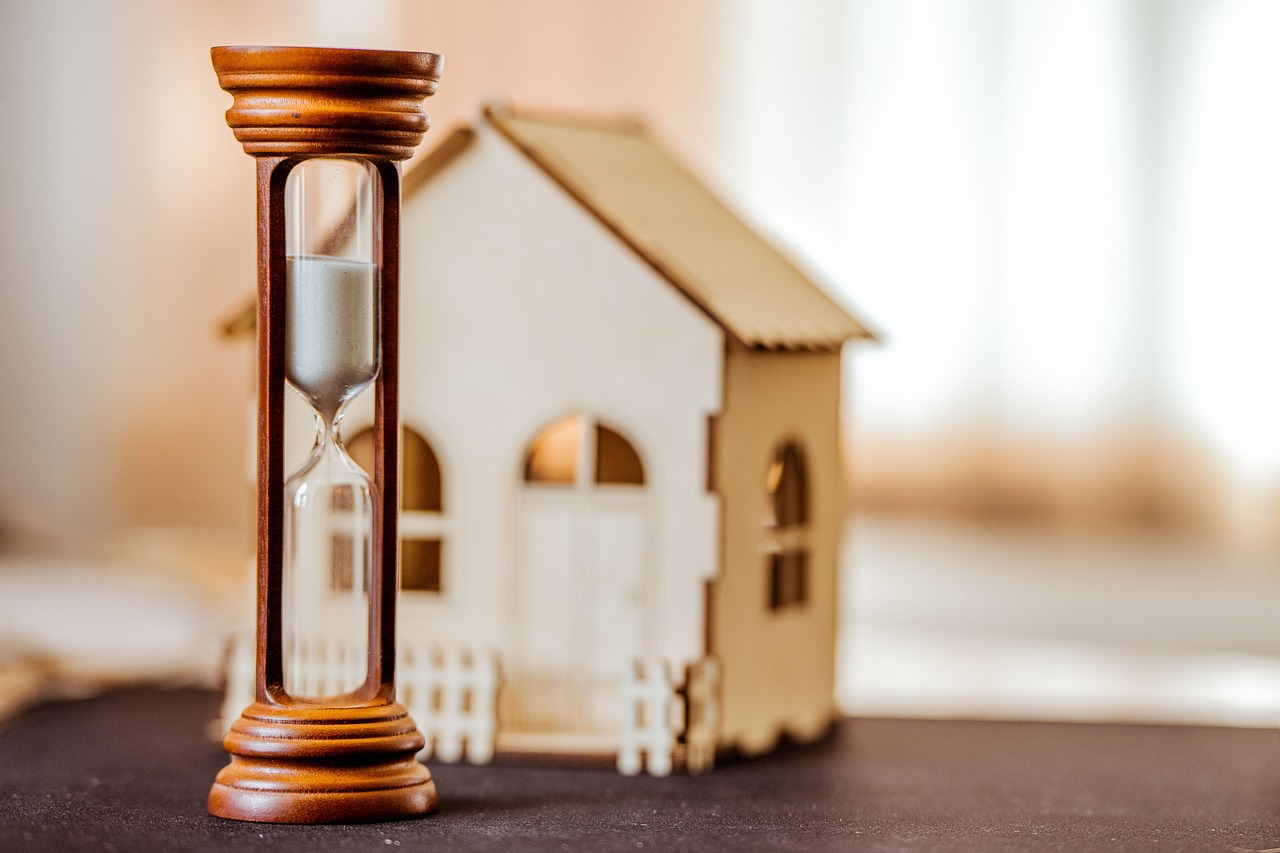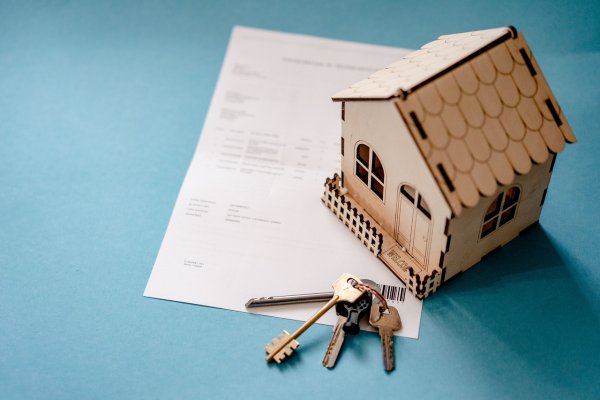When it comes to making money, real estate has always been one of the most popular investment opportunities. For good reason, too. Property values tend to go up over time, and with interest rates still relatively low, now may be a great time to invest in real estate.
But like any other type of investment, there are risks involved in buying property. Here are six tips to help you make smart decisions when investing in real estate.

As with any investment, it's important to do your research before you jump in, so, you should look at the trends in the housing market and find out as much as you can about the area where you're thinking of buying property. Are prices on the rise? Have there been a lot of foreclosures in the area? Is the neighborhood desirable? The more you know about the market and the area, the better equipped you'll be to make a smart investment.
Additionally, the research on the market and area can help you negotiate a better price on the property you're interested in. For instance, if you know that prices in the area have been steadily rising, you may be able to negotiate a better price than what's currently being asked.
Finally, pay attention to your gut feeling. If something feels off about a particular property or area, it's probably best to steer clear.
On the other hand, if you find a property that you're excited about, don't be afraid to go for it. After all, part of being a successful investor is having the courage to take risks.
If you're planning on taking out a mortgage to finance your investment, be sure to shop around for the best interest rate and terms. You can choose between a fixed-rate mortgage and an adjustable-rate mortgage (ARM). A fixed-rate mortgage has the same interest rate for the life of the loan, while an ARM's interest rate can change over time.
The type of loan you choose will depend on several factors, including your investment strategy and how long you plan on holding onto the property. If you're planning on flipping the property quickly, getting your hard money loan may be a good option since you won't have to worry about the interest rate going up over time. However, if you're planning on holding onto the property for the long haul, a fixed-rate mortgage will give you peace of mind knowing that your monthly payments won't change
You should also pay attention to the fees associated with the loan. Some lenders charge higher origination fees or closing costs than others, so be sure to factor those into your decision as well.
If you're buying property as an investment, you may want to consider setting up an LLC. This will help protect your assets in case something goes wrong with the property. For instance, if you're sued or there's a problem with the property, your assets will be shielded from any legal action.
Setting up an LLC is a bit more complicated than simply buying property in your name, but it may be worth it in the long run, especially if you're planning on investing in multiple properties.
Additionally, you'll need to pay taxes on the LLC, so be sure to factor that into your budget as well.
If you're new to investing in real estate, it's a good idea to find an experienced real estate agent who can help you through the process. A good agent will know the ins and outs of the market and can help you find the right property for your needs.
A good agent will also be able to negotiate a better price on the property and help you with the paperwork involved in buying real estate.
Additionally, a good agent will be able to provide you with advice and guidance throughout the process, which can be invaluable for a new investor. For instance, a good agent will be able to tell you if a particular property is a good investment or not or offer advice on what type of loan to get.
Investing in real estate is not a passive investment. You'll need to be prepared to put time and money into repairing and maintaining the property. This is especially true if you're planning on renting out the property. Tenants will expect the property to be in good condition, so you'll need to be prepared to make repairs as needed.
Additionally, you'll need to budget for regular maintenance, such as painting and landscaping. However, if you're planning on flipping the property, you'll need to factor in the cost of repairs and renovations into your budget.
Finally, when it comes to investing, it's important to diversify your portfolio or not put all of your eggs in one basket. For instance, don't invest all of your money in just one property. Instead, consider investing in a few different properties or even in different types of investments, such as stocks, bonds, and real estate.
Diversifying your portfolio will help reduce your risk of losing money and will give you a better chance of making money in the long run.

When investing in real estate, it's important to think about more than just the property itself. You need to consider things like the type of loan you get, maintenance and repair costs, and how long you plan on holding onto the property.
Additionally, it's important to diversify your portfolio so that you're not putting all your eggs in one basket. If you're new to investing in real estate, be sure to consult with an experienced agent who can help guide you through the process.





